
Photography Basics
Photography Basics
Photography is a unique process to capture and communicate information.
Learning Objective: Apply photographic principles to capture information about animal structures and behaviors.
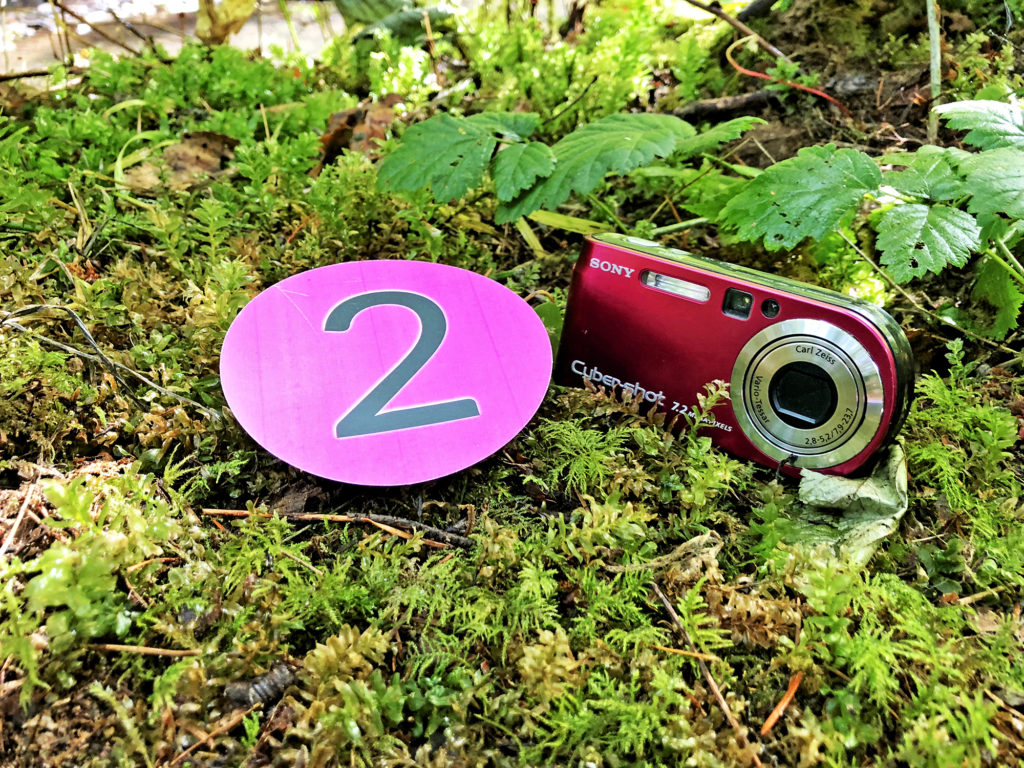
Animal photography basics
Effective photos convey information and basic planning can result in quality photographic data and stories.
This is our list: add to these based on your own experiences.
To-do in advance:
Tasks to complete prior to photography projects
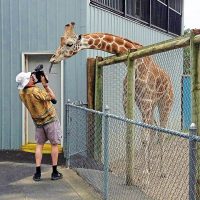
Know Your Gear
Find out what your camera can do, including exposure control, magnification, and focus. Practice rapid set-up, including setting up tripod mounts, lenses, and flashes.

Know Your Subject
research the animal you are thinking of photographing, looking for special features, good poses, and something unique. Awareness of habitat, structures and behaviors make encounters more likely and productive.
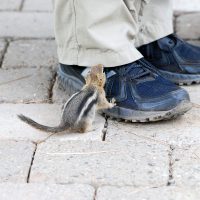
Carry Your Camera
Carry your camera with you whenever possible (battery charged, card empty). Sometimes less expensive more portable cameras are necessary to capture unexpected photos.
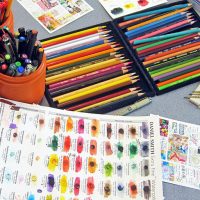
Alternate Activities
Some of the best animal photos take patience, waiting for the animal to arrive and strike the desired pose. Prepare alternate tasks to complete at the same time: reading, journaling, catching up on coursework.
To-do while photographing:
Review this list periodically to be prepared to capture animals in action
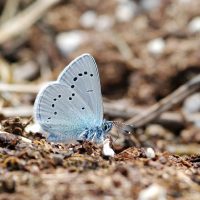
Pick Good Light
Dawn has the most reliable nature lighting, followed by dusk. Mid-day light can lead to overexposure which is difficult to correct. Get the light source behind you, whenever possible
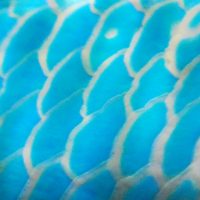
Numerous Photos
Some of the best photos are unintentional. Take numerous photos from different angles and at different settings; you can always delete later.
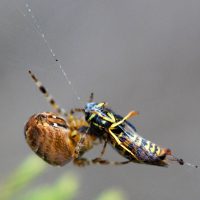
Different Perspectives
Treat photos like field notes, capture descriptive information, personal impressions, and multiple views (ground, eye level, overhead). Take a panoramic wide view and a narrow close view.
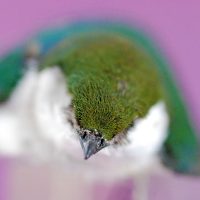
Different Lenses & Filters
Use different lenses and filters while taking photos and/or alter photos later on.
Adobe Photoshop and Lightroom offer advance photo editing options.
Photography has revealed details about the animal kingdom, including the Arthropods in the next section.











